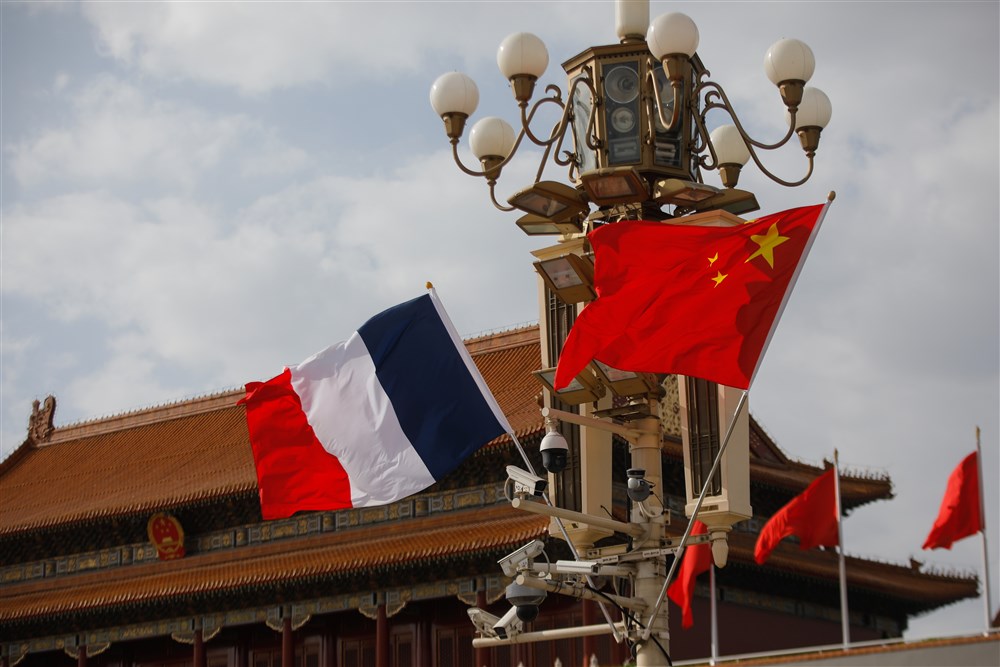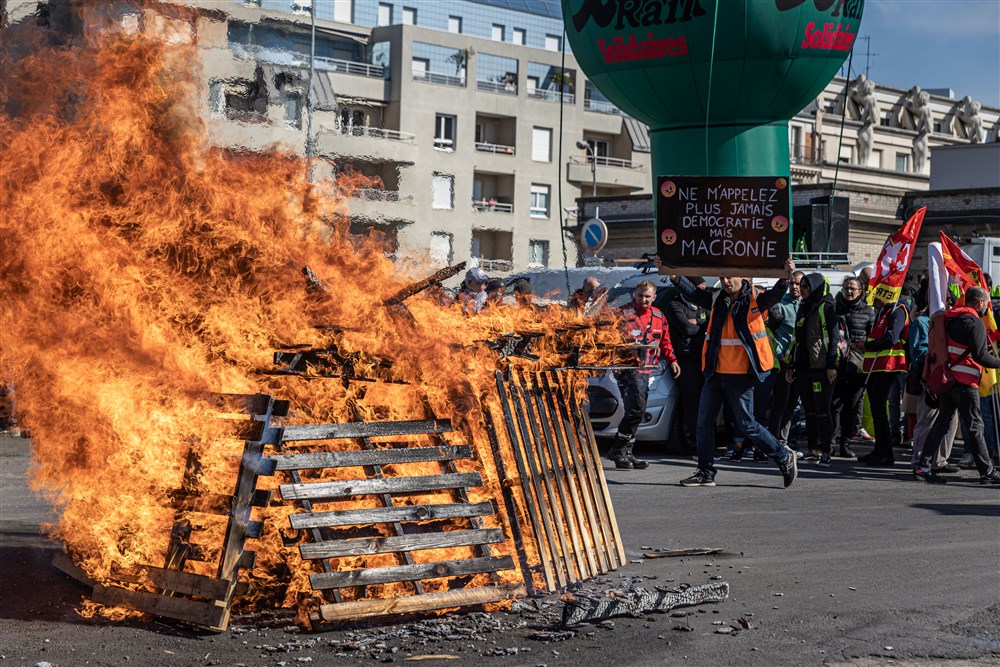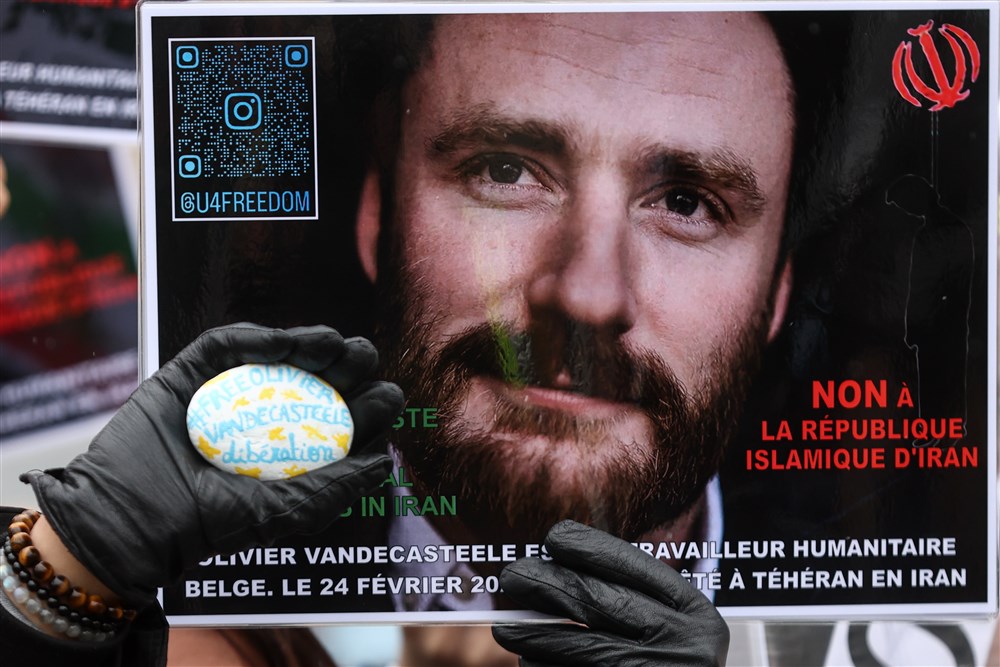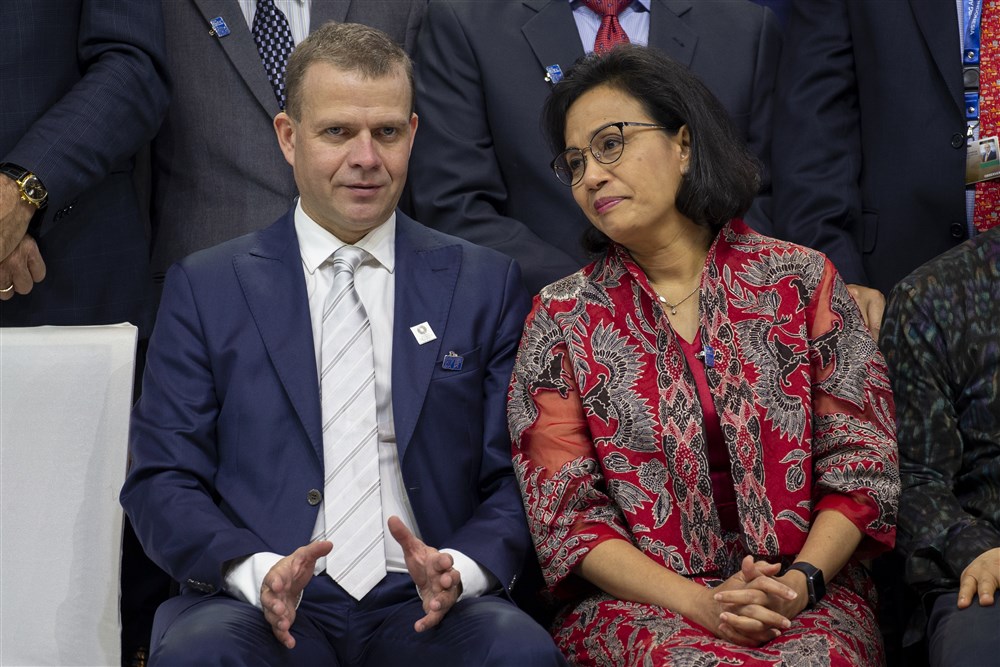More and more, European countries are running out of medicines. Common medications like antibiotics or painkillers for children are in short supply.
Pediatricians from various European countries warned of the consequences of these shortages on the weekend. The EPP now wants to see quick and decisive action by European ministers of health.
EU health ministers are having an informal meeting in Stockholm on May 4-5. Crisis preparedness and safe access to medicinal products are at the top of the agenda, especially now doctors are adding extra pressure. On April 29 pediatricians wrote that the health of children and young adolescents is in danger because of the Europe-wide shortages. The doctors warn there is a lack of fever and pain medication in child-friendly dosage forms while penicillin is currently not available.
On May 2 Peter Liese, a doctor and MEP for the EPP, wrote an urgent letter in which he points out that drug shortages are a major issue in the EU. He describes the shortages as “a huge scandal” that must be “fought vigorously at all political levels”. Liese, who himself worked in a children’s clinic, wants to see a coordinated approach at the European level and a focus that is broader than just the price of medicine. “Member States are still very insistent on their national competence… despite opportunities with European institutions, things are still difficult.”
Brandbrief der Kinderärzte ist berechtigt. Die Kollegen weisen auf einen dringenden Handlungsbedarf hin. EU-Gesundheitsminister müssen sich diese Woche bei ihrem Treffen in Stockholm damit befassen!
Hier mein Statement ?https://t.co/IPds9tRMXR#Medikamentenmangel #Kindermedizin pic.twitter.com/JetBxfjEnI— Peter Liese MEP (@peterliese) May 2, 2023
Earlier the PGEU, the European Community Pharmacists, called for urgent measures to address the medicine shortages. They did this after they published the results of their annual shortages survey that indicate that the situation in 2022 has worsened and that all countries and all classes of medicines continue to be affected.
The consequences of these shortages are serious. According to the survey, “each community pharmacy in Europe spends on average almost 7 hours per week managing shortages and finding alternative solutions for patients, time that could be devoted to other tasks to improve the quality of care.”
Belgium, Germany, Austria, and Italy have all lacked hundreds of medicines, including antibiotics, cough syrup, children’s paracetamol, and blood pressure treatments.
Last autumn, seasonal infections were unusually high, in particular in children. Experts link this to weaker immune systems, partly due to the Covid lockdowns. The energy crisis and high inflation, in turn, caused upward price pressure on pharmaceutical manufacturing.
The calls for more European cooperation and better communication regarding healthcare coincides with the publication of The European Centre for Disease Prevention and Control (ECDC) report on the lessons of the Covid pandemic. Better coordination was one of the main recommendations.
At the beginning of the pandemic, European coordination fell short and member states looked inward for the purchase of vaccines and personal protective equipment. Some European Commission decisions, such as on vaccine procurement, have raised serious questions.





